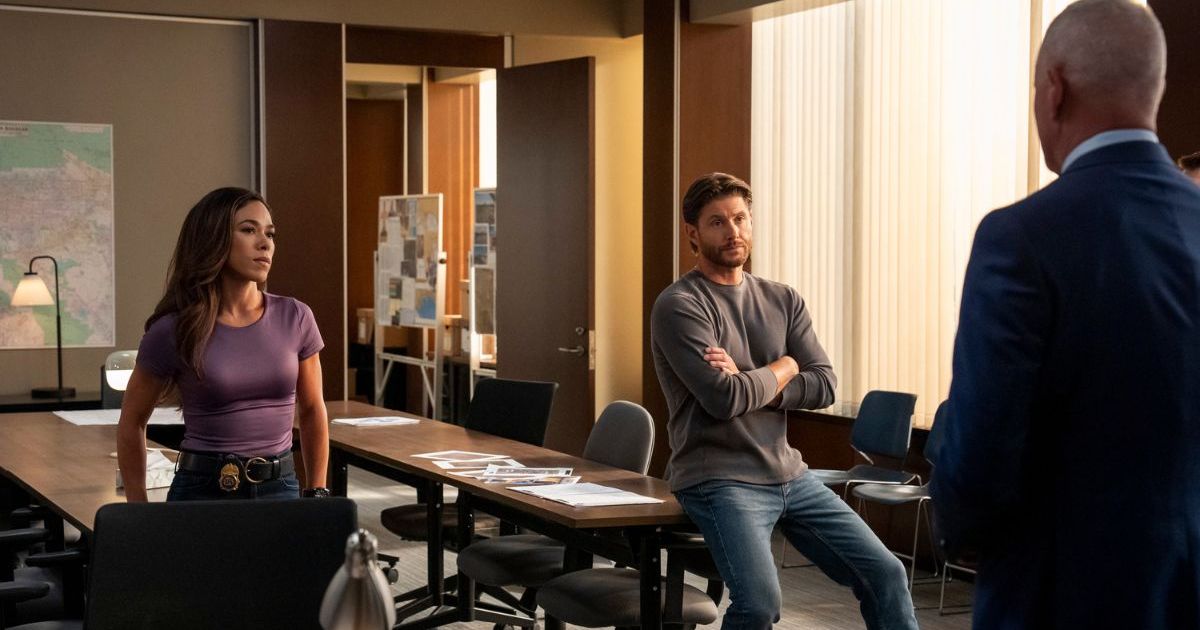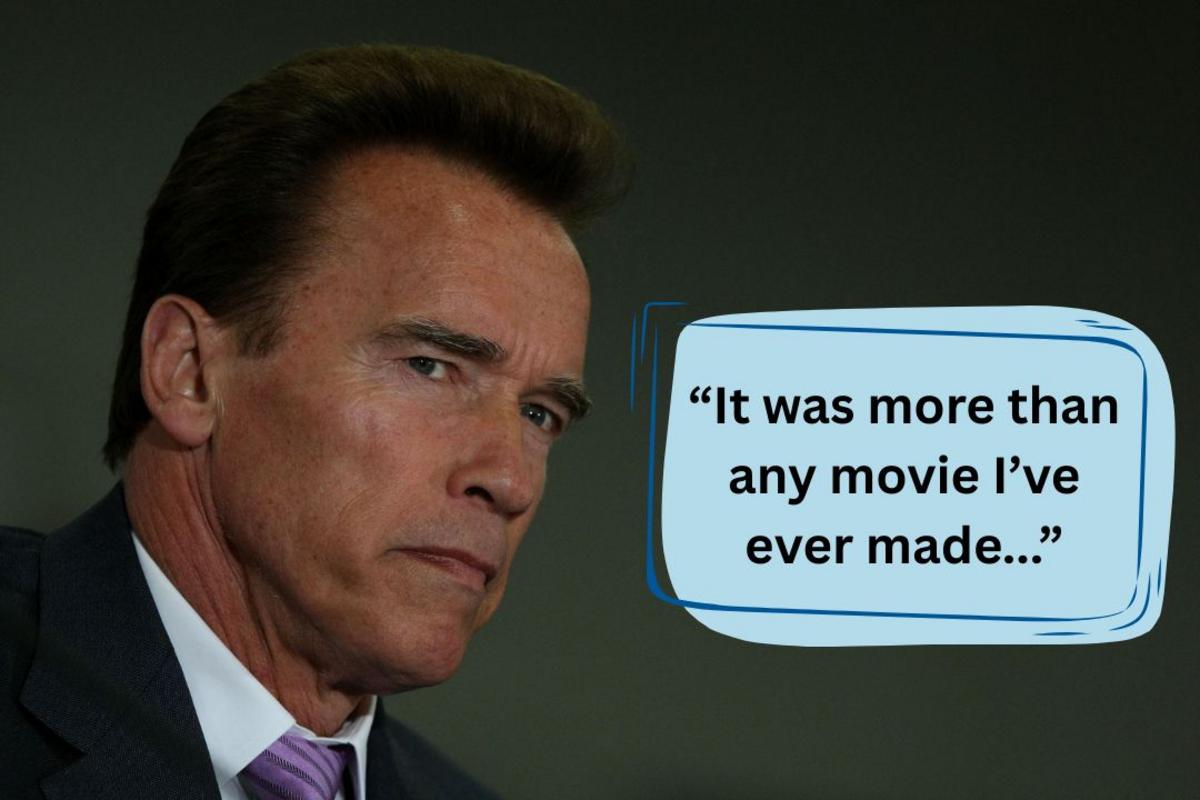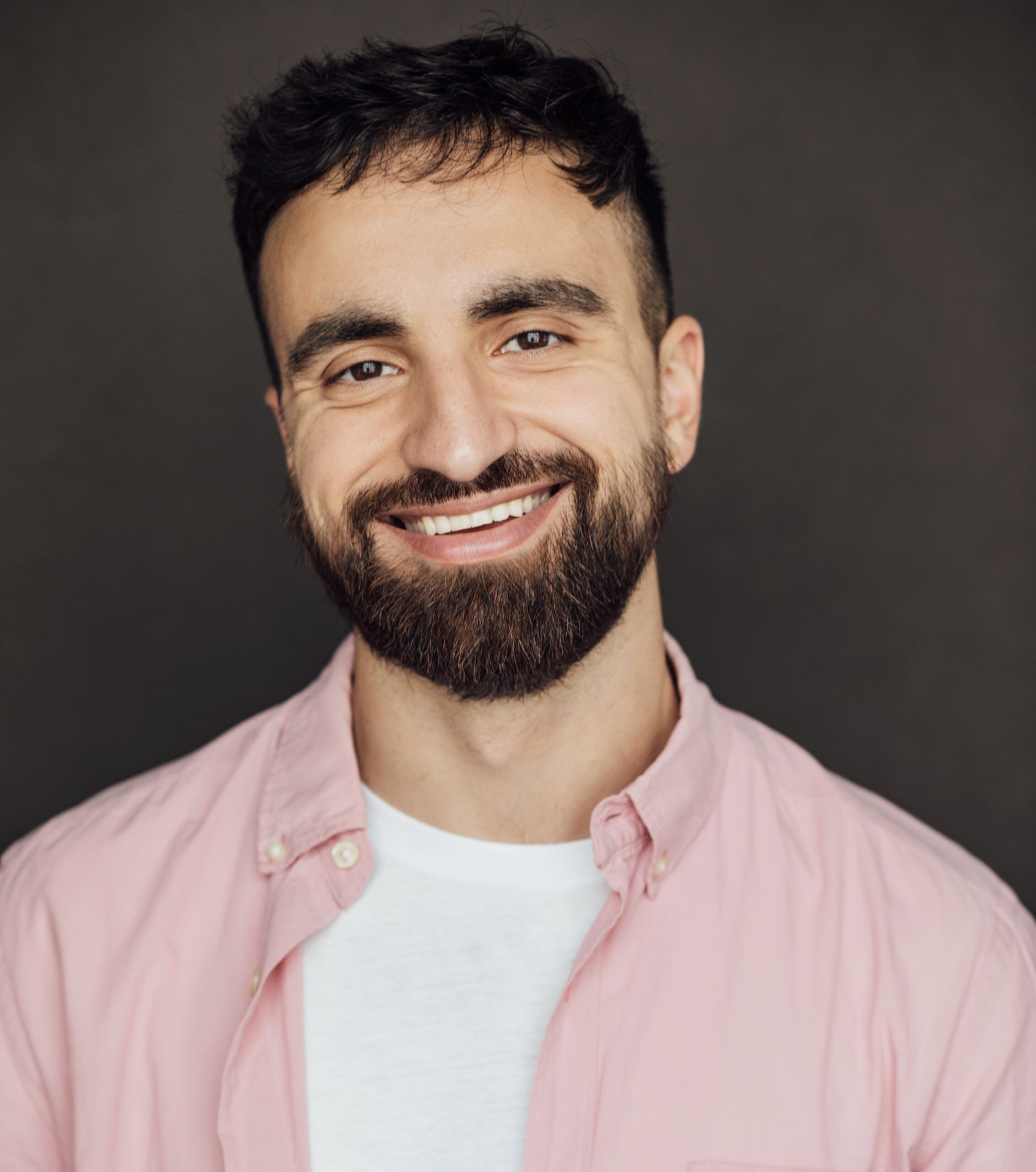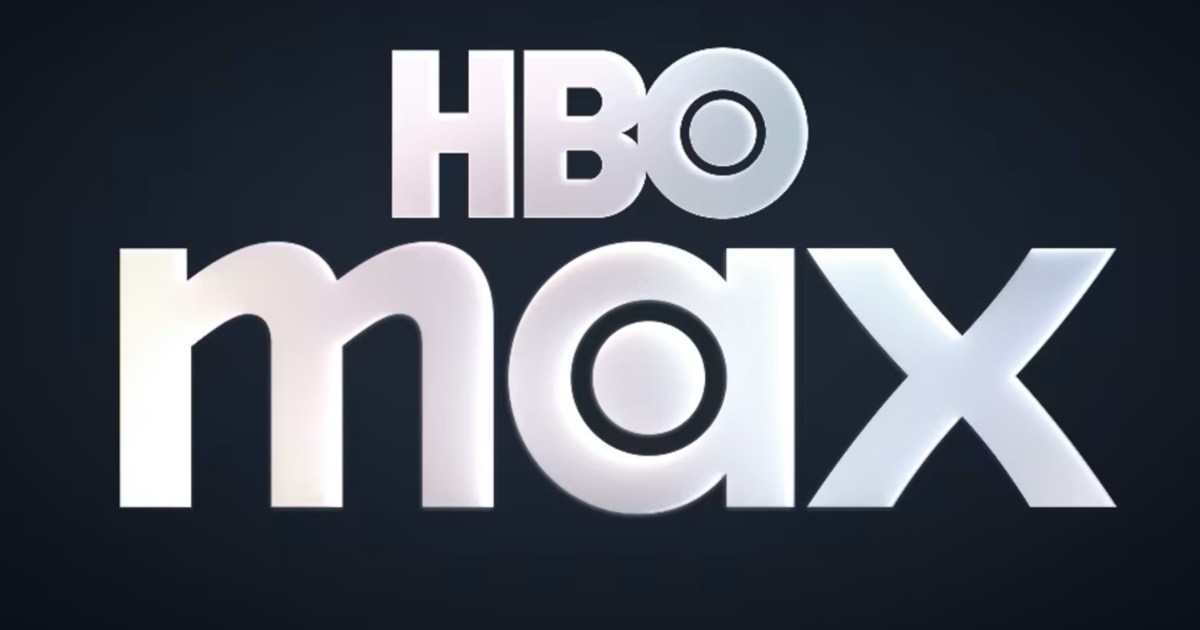Every year, six talented, new filmmakers are chosen from hundreds of applicants to make a short film for Crazy8’s.
Crazy8s provides filmmakers with a significant boost to their projects. Six finalists receive $2000 each, plus an in-kind production package and post-production service valued at up to $50,000. This includes professional equipment, mentorship, and access to locations, helping them complete their short film within eight days.
There is a huge gala screening at the Vancouver Centre. You can read Nick Wangersky’s March 31st article, where he interviews all six filmmakers.
We met again with Hannah Yang for a more in-depth conversation about their movie Red Light Rebel.
HNMAG: Were you born in South Korea?
HANNAH YANG: I was born and raised in Canada. My parents are both South Korean immigrants. They established themselves in Surrey in the nineties. That’s where I came into the picture.
HNMAG: When did you become interested in film and television?
HANNAH YANG: I became interested in it without realizing it. In high school, I started borrowing movies from the library. I loved watching movies, but more than that, I really loved watching the behind-the-scenes content. That was my first sign. I went to Vancouver Film School’s (VFS) open house, and that inspired me to work in the industry. My parents were against it, and that was that. I tucked that desire away for years.
HNMAG: What did you end up doing instead of attending VFS?
HANNAH YANG: I got my Bachelor of Arts at UBC. I worked a government job after university. One day, I stumbled on a film set. A light bulb went off. I started volunteering. I had to make a choice. You can’t be a public servant Monday to Friday and work in film on the weekends. I quit my job!
HNMAG: How did you stumble onto a film set?
HANNAH YANG: During COVID, I was volunteering for Cosmic. They made low-cost COVID-19 personal protective equipment (PPE). I was coordinating marketing and PR. They asked me to organize a shoot. They made me an honorary second assistant director (AD). I didn’t know what that was, but I just said “sure”. It was the longest day I ever worked in my life, but it was so cool and fun, I felt that I needed to do more of it.
HNMAG: Were you religious growing up?
HANNAH YANG: Yeah, I was raised Baptist. Many Korean Canadians are Christian. It’s a very popular religion in Korea. It is also a way to build and maintain a community. It’s a prominent part of many of our lives. Around five years ago, my Mom became an ordained chaplain. Family and tradition are such an important part of Korean culture that they solidify the next generation’s commitment to that.
HNMAG: It’s fortunate that improving socioeconomic conditions went hand in hand with Christianity in benefiting Korea. That’s not always the case internationally. It was very problematic here in Canada with indigenous abuse.
HANNAH YANG: Red Light Rebel is more about the emotional and mental struggle within one’s own mind. The journey is about agency. It’s realizing that you have your own freedom to make decisions.
HNMAG: Peter has always done what he knows to be right by his faith and family. He feels like he lost out on significant experiences and a missed relationship. That’s his sacrifice.
HANNAH YANG: For me, film is that loss. I didn’t have that support, but looking back, the timing might have been better to be a little older when I started this journey. For Peter, it’s not about choosing the girl over his family, it’s about choosing himself. Taking his own life back. Whatever you choose is valid; the important thing is that the choice is made because of yourself and not what others want for you.
HNMAG: Are you looking into festivals for Red Light Rebel?
HANNAH YANG: We’re gearing up to send the movie to festivals over the next year and a bit. We are really looking for Red Light Rebel to find its niche. It should really resonate with second-generation Koreans. I’ve met with so many others who have shared my experience with the church. It’s very specific. It’s not just Christian or just Korean, it’s Korean Christian. Having conversations with them about our experiences has been the most meaningful aspect. The most important thing to me is having an audience that can truly connect with the film.
HNMAG: There is a photo of Jesus that has a slight Korean appearance. Is that common in Korean Christianity?
HANNAH YANG: Actually no. There is a separation between the Korean Christian community and the outside world that is thematic in the movie. I call the outside world the other. I wanted to show the separation that exists. Having a Korean Jesus furthers that.
HNMAG: You shot this movie in British Columbia? Is the story supposed to be set in Vancouver?
HANNAH YANG: It’s a fictional Vancouver. It’s called the city of Couverton. It’s a play on the name. I wanted it to be close to my life in the context of being here?
HNMAG: Why set it in a fictional place as opposed to just Vancouver?
HANNAH YANG: There are elements of surrealism, and the humor is playful and cheeky. Building a fictional world is more fun. It’s reminiscent of The Truman Show or Pleasantville.
HNMAG: Is Vancouver moving away from being mostly a service industry, and will we have more productions set in Canada?
HANNAH YANG: I would like to and more movies and TV shows are trying. You have to write what fits your story and direction the best. The secondary goal is how does this further my community? Look at Allegiance. That show is set in Surrey. When I watch it, I get a good feeling. Yes, that is my hometown. I recognize locations like stores and the skytrain. It’s not something you see on any other TV show. It’s great! I never thought I’d see the central city skyline on a TV show or movie. That builds more connection and loyalty from viewers. If we can focus on more local connections as opposed to international interests, that strengthens our industry.
HNMAG: Allegiance is a great example because it’s all about a strong minority group finally working in law enforcement in a way that strengthens that community and builds understanding beyond. If the producers set the show in a Seattle suburb in order to satisfy a US network agenda, it wouldn’t work. That takes away the entire story.
HANNAH YANG: A lot of Canadians will relate to that TV show. Trying to cater to a general international audience and being non-specific isn’t always the best approach.
HNMAG: I’m not part of that community, but I still appreciate the show because of that specificity. Looking at some of the best movies over the past twenty-five years, Parasite and Slumdog Millionaire, they are very specific to their environment, place, and culture. It’s still extremely popular not just because they are well-made but because of those specific elements that come across as important and genuine.
HANNAH YANG: I really hope we will make more stories than the ground up. The funding is better now for independent filmmakers here to make something personal to them that connects to their own community. That way, we won’t be so dependent on work through the service industry for US productions.
HNMAG: Vancouver is so beautiful, but productions constantly set it as somewhere else.
HANNAH YANG: The Lower Mainland is so diverse and offers a lot of different scenery that it can be used to fill in for other places. That’s been a benefit, but maybe that has also created the problem. It can be so many places that people come here to make exactly that.
Red Light Rebel is a comedy with an internal struggle. It’s very entertaining, funny, but makes you think. Hannah Yang has taken a roundabout path to becoming an important filmmaker, but that journey has helped her vision and execution. She has some wonderful ideas for the future of film in Vancouver, as well as connecting to her community and upbringing. We are excited to see what she does next.






